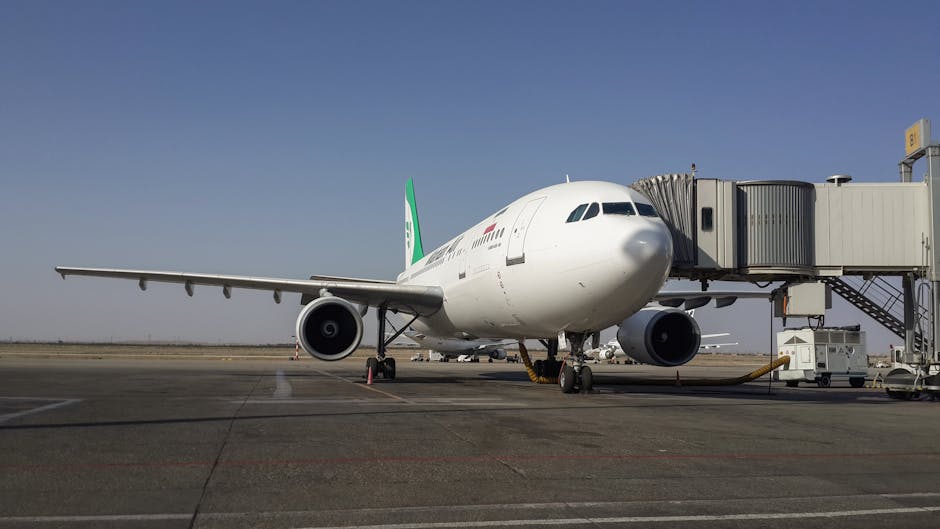Escalating Middle East Tensions: Analyzing the UK, EU, and Iran’s Diplomatic Efforts Amidst Renewed Israeli Strikes
Escalating Middle East Tensions: Analyzing the UK, EU, and Iran’s Diplomatic Efforts Amidst Renewed Israeli Strikes

Recent events in the Middle East have witnessed a significant escalation of hostilities, despite President Trump’s announcement of a two-week window for peace negotiations between Israel and Iran. This period has been marked by intense military actions, primarily Israeli airstrikes targeting Iranian infrastructure, and subsequent retaliatory attacks from Iran.
The Israeli Defense Forces (IDF) reported a large-scale aerial operation involving approximately 60 fighter jets. These strikes reportedly targeted sites associated with Iran’s nuclear program, including the headquarters of the Iranian nuclear research agency. Furthermore, the IDF claims to have engaged additional Iranian missile sites. These actions represent a considerable escalation of the conflict, raising concerns about regional stability and the potential for wider conflict.
Iran’s response included further missile barrages directed at southern Israel, specifically targeting Beersheba. A technology park near a previously struck hospital was hit, demonstrating Iran’s continued capacity to overcome Israel’s Iron Dome defense system. While the intensity of attacks varied across different regions of Israel, the attacks on Beersheba highlight the ongoing challenges to civilian safety and the potential for further escalation.
Against this backdrop of military action, the UK and EU are engaging in diplomatic efforts with Iran. The nature and scope of these talks remain unclear, but their initiation underscores the international community‘s concern about the escalating violence and the urgent need for de-escalation. The success of these diplomatic initiatives will be crucial in determining the trajectory of the conflict and preventing further loss of life and damage to infrastructure.
The situation remains highly volatile and requires close monitoring. The effectiveness of the proposed two-week window for peace negotiations, in light of the continued military actions, remains to be seen. The international community’s role in mediating a peaceful resolution is paramount, and the coming weeks will be critical in determining the future of the region.
Disclaimer: This content is aggregated from public sources online. Please verify information independently. If you believe your rights have been infringed, contact us for removal.